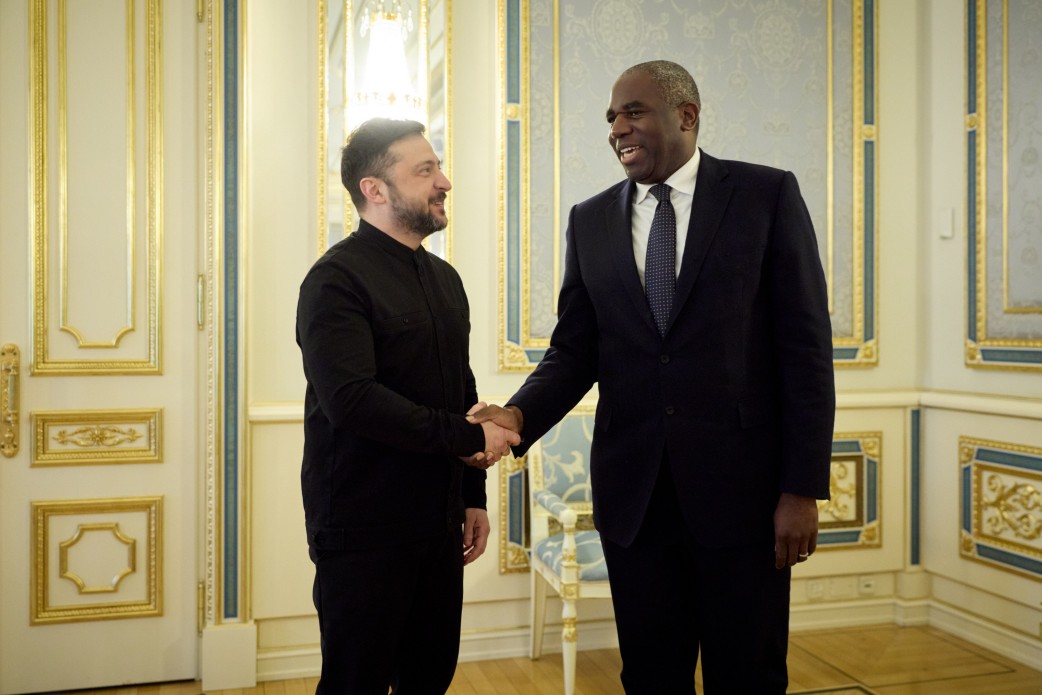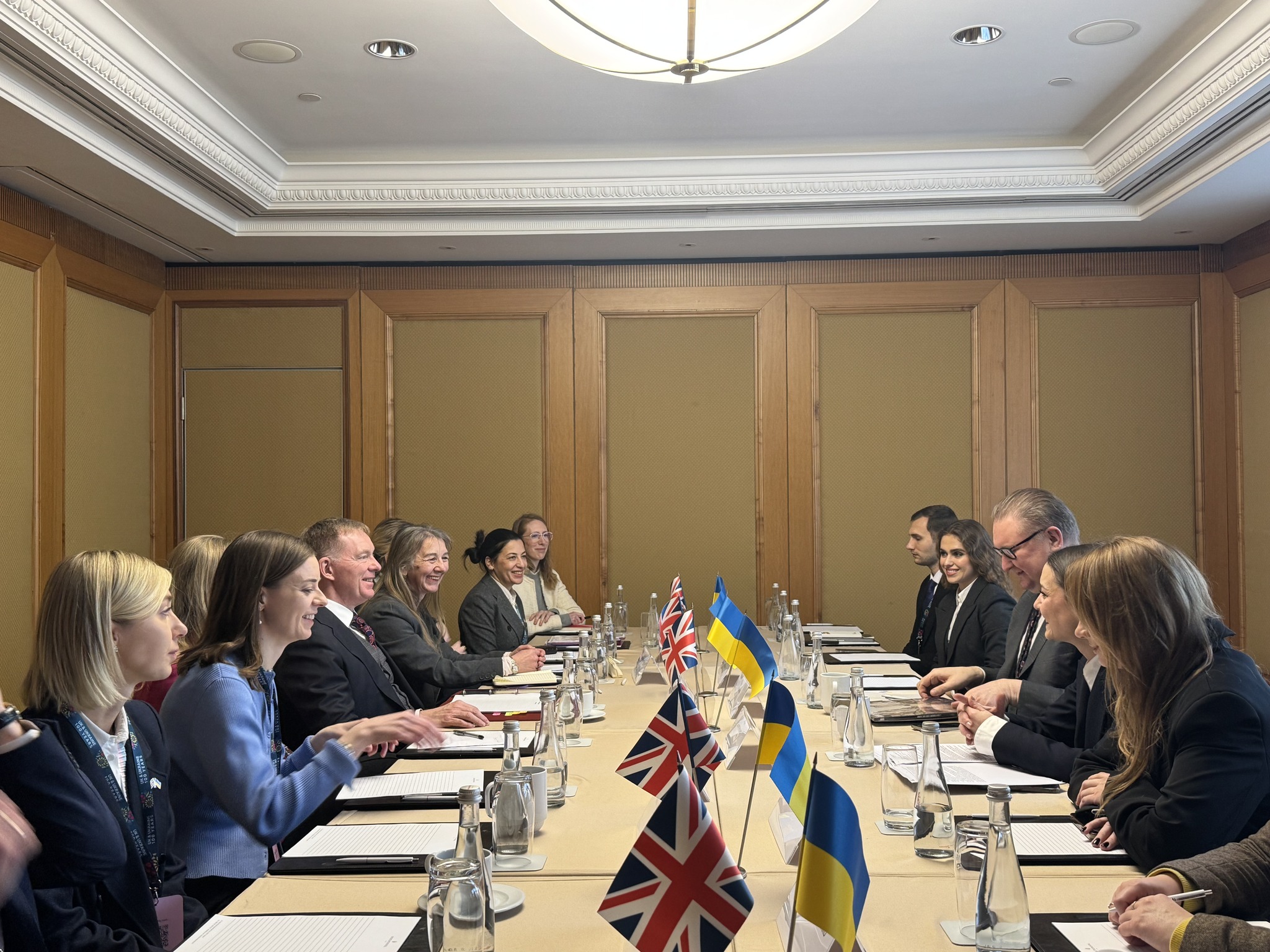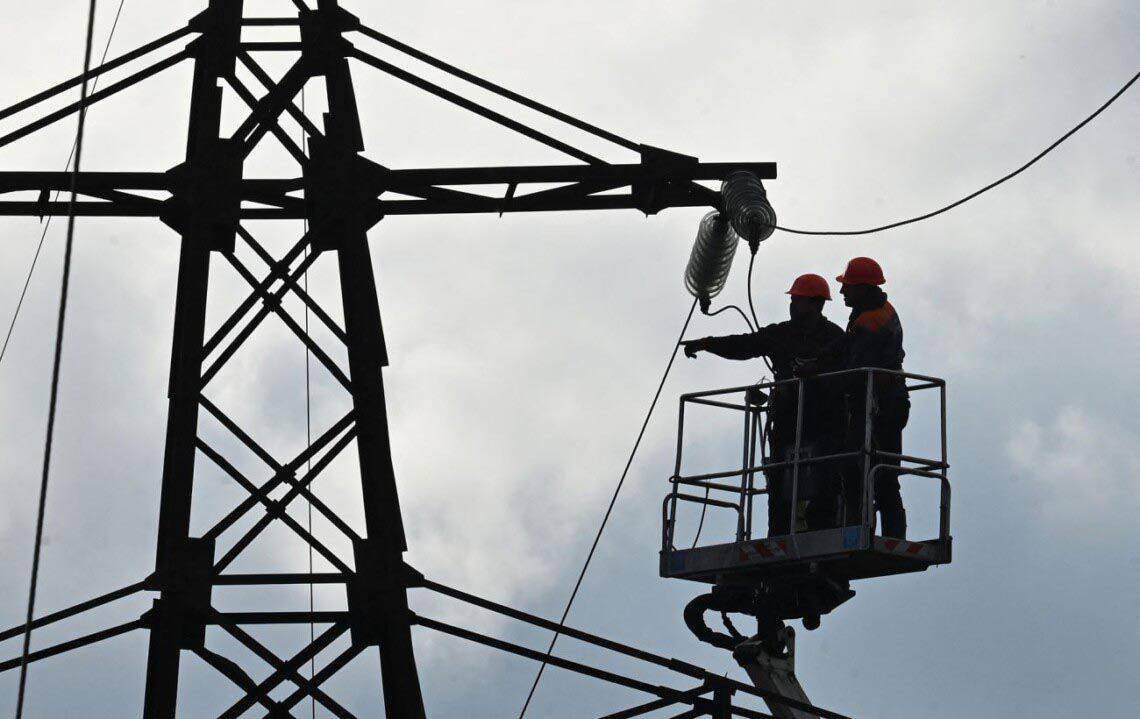Mike and his commander are volunteers from Great Britain who joined the ranks of the International Legion of the Ukrainian Defense Ministry to help Ukrainians defend their independence.
Artillery shelling, trenches, enemy drones overhead - for the past two years, both of them have spent their time on the front lines fighting against Russian invaders.
They shared their combat experience, motivations, equipment, innovations, changes in warfare tactics, favorite weapons, the importance of training, and mastering survival skills in field conditions, as well as their impressions from encounters with the so-called "second army in the world" for the American YouTube channel "Garand Thumb."
Drones and Artillery
One of the biggest threats on the battlefield is artillery, which can completely flatten any square meter of land.
Last year, working near Bakhmut, I witnessed several intense battles involving heavy artillery fire from both sides.
Once at night, while moving through a forest clearing, a drone flew over us. It was around two in the morning, so the drone was equipped with a thermal imager. It hovered above us for a few minutes. Then we moved back a few hundred meters to cover. About 20 seconds later, the entire area was hit by 120mm mortars. If we had stayed in place, we would have been killed.
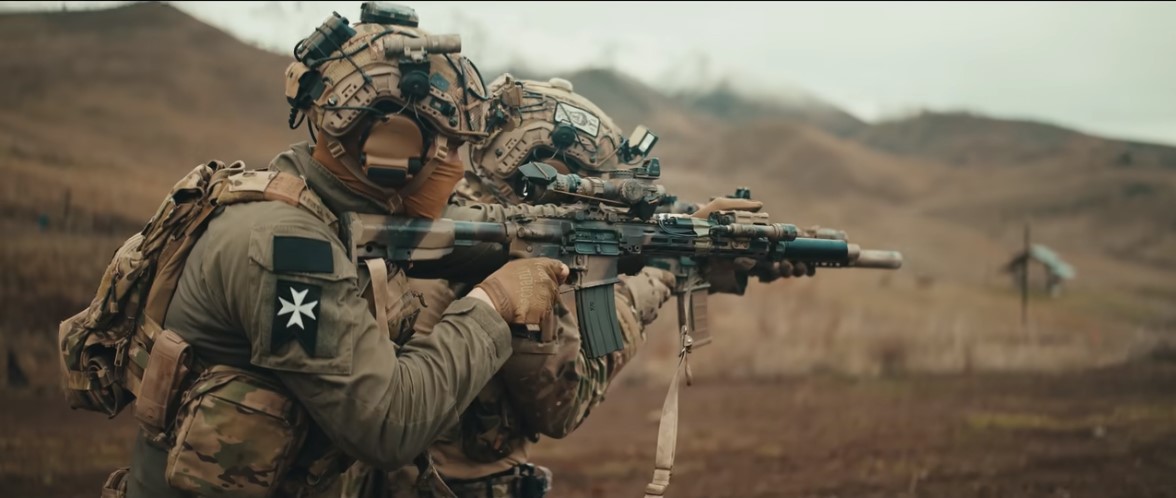
Ukrainian Trenches and Bunkers
One of the most important features of fortifications in Ukraine is that they have really strong roofs. They always have a mesh on top and a heavy blanket covering the doorway. This is crucial for stopping drones.
Where the military has been in position for over a year, the bunkers are about 8 feet deep, reinforced with concrete and wood. They even have cooking points inside.
Rules of Movement on the Frontline
When we move, we keep our heads down, look around, scan the surroundings, and always pay attention to where the nearest cover is because once artillery starts, the world turns upside down, and you need to know where to "dive." These are basic techniques known since World War II.
Airstrikes
Shelters are important for both soldiers on the battlefield and civilians during air raids, although many buildings are completely destroyed by shelling, especially if it's not a high-rise.
Many people say, "if the enemy starts bombing the city, it's the end." But once we were in a small Ukrainian village. There was about a platoon of Ukrainians stationed there.
I saw two planes come in, drop supplies, and then four attack helicopters struck from behind the horizon - just "blind fire."
We thought the Ukrainians must be suffering heavy losses. But their troops were in fortified structures, they were in basements, and they suffered no losses.
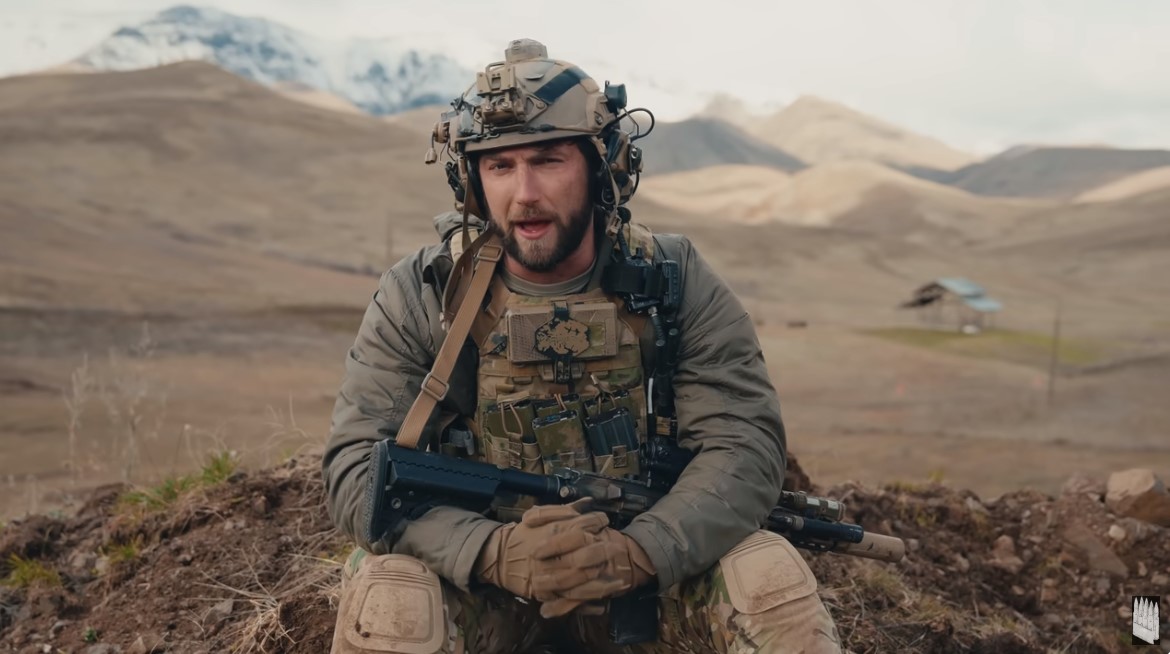
Russian Fortifications
The fortifications they [Russians] entrenched themselves in are very dangerous. Quite lived-in, but, for example, the trenches I saw in the southeast, the Russians specifically prepared for retreat because they knew they would lose there.
Interestingly, but this was also the case during World War I; they use everything in a circle.
Ukrainian Special Forces
I saw operations conducted by guys from [Ukrainian] special units. They drive straight up to Russian occupiers' trenches and hit them with grenade launchers. These guys are tough.
They also stealthily infiltrate among Russians before they realize it. In such cases, the invaders try to escape because they understand - if they stay in the trench with any of them or with me, it'll be bad.
Training of Russian Soldiers
We saw many untrained Russians. Two or three days of training, and they're sent to the front, so they try to surrender.
I was involved in operations where we took them prisoner, but when you're in a trench, the risks are too high.
I saw and heard many stories about how the Russians keep fragmentation grenades under their clothes. He just pulls the pin, and you all "disappear."
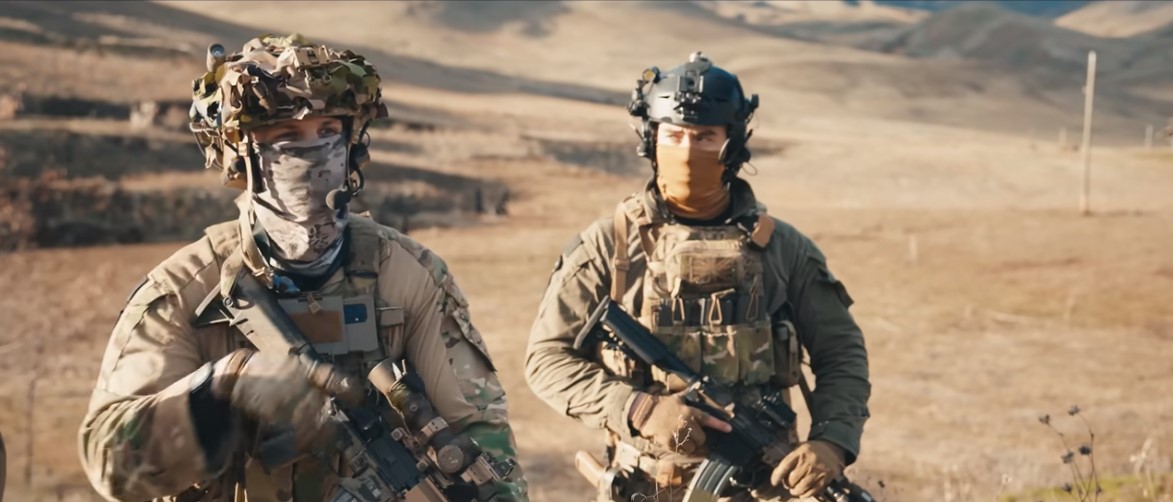
Importance of Training
My advice - go through training and take it seriously. The difference between a trained and an untrained soldier is significant.
Right now, in Great Britain, many people feel somewhat safe. They are convinced that nothing will ever happen to them; as if the war is very far away.
But Ukrainians thought the same: people living in Kyiv never imagined they would be bombed every day.
So, basic training is a great thing because you never know when it will come in handy.
















